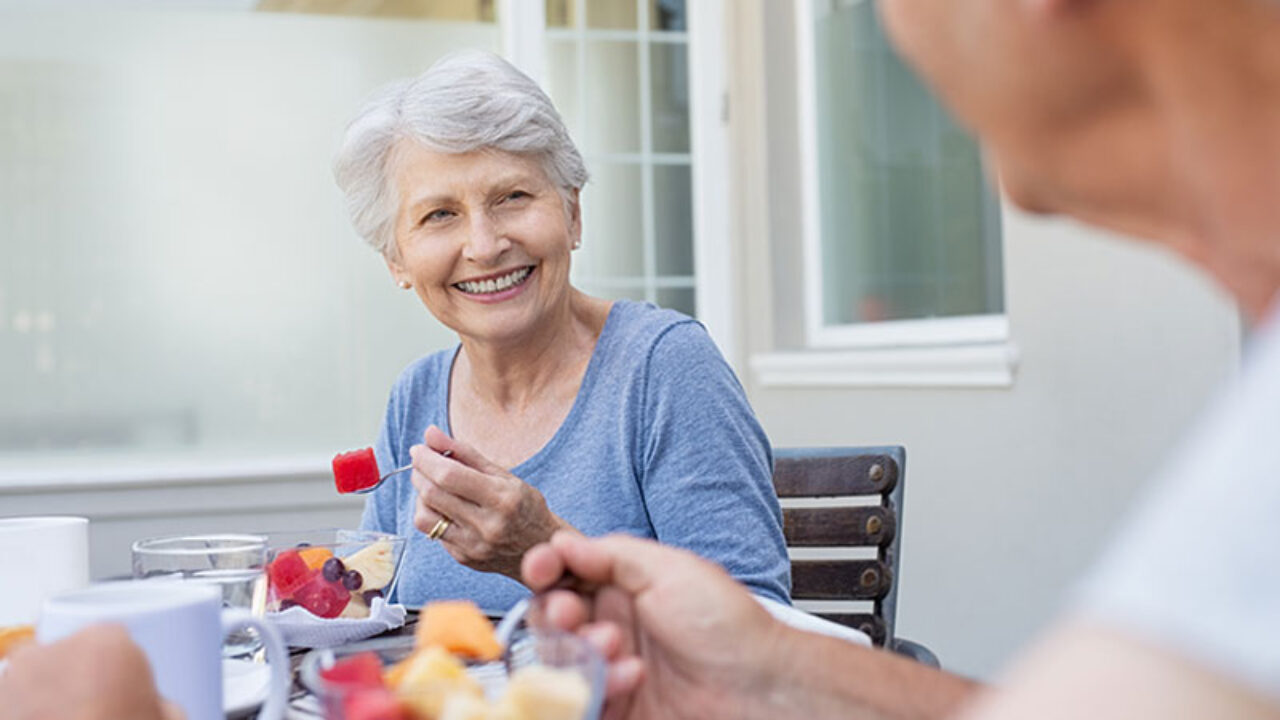How Food Affects Aging
Food is necessary for survival, but it’s likewise one of life’s little pleasures! As you likely know by this point, excellent senior nutrition can be as tasty as it is healthy. However should you be reading more into how it impacts aging?
The response is yes! Scientists think that both the taste and odor of foods can actually affect aging, explained Medical News Today. Here’s how they think it all works:
Sensory Neurons Delay Aging
In some cases, zones that are carefully linked in the brain can make different experiences related. For instance, researchers think hearing particular music plays a part in memory recall. Similarly, researchers at the Pohang University of Science and Technology in Korea think that the anti-aging protein called FOXO is impacted by the odor or taste of foods as these activate sensory neurons. Sensory nerve cells are thought to manage the rate at which various animals age. According to MNT, the researchers surmised that the odor and taste of food reduces the life expectancy of said sensory neurons producing insulin.
Other Important Senior Nutrition Facts
The body responds to the foods you eat in a lot of different methods. The National Institute on Aging described that the amount you eat also has an affect on your body. It needs energy to metabolize food. This digestion procedure for that reason produces stress on your body. The more you eat, the more your body stresses. Overindulging might even result in a much shorter life, or health issues like cardiovascular diseases or diabetes, stated the source.
One of the best way to a long, delighted life is through excellent nutrition. A well balanced diet will help stave off loads of various health dangers like stroke, bone loss, high cholesterol and even cancer, discussed the NIH Senior Healthy. This diet plan then also provides your body more energy to obtain up and be active, which subsequently assists you manage your weight. It's essential to keep in mind that less active bodies have to change their diets to their inactivity.
According to U.S. News and World Report, older women just need 1,600 to 2,200 calories every day, depending upon their activity level whereas older males need 2,000 to 2,800. The appropriate diet plan has to be rich in protein in order to secure body immune systems and bone strength. Registered dietitian Amy Campbell explained that seniors do not always need to follow a particular diet strategy, however it is essential for them to get a well-rounded diet that consists of lots of protein whether that be from animals or other sources like lentils, beans or chickpeas.

